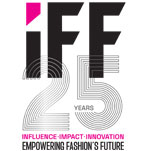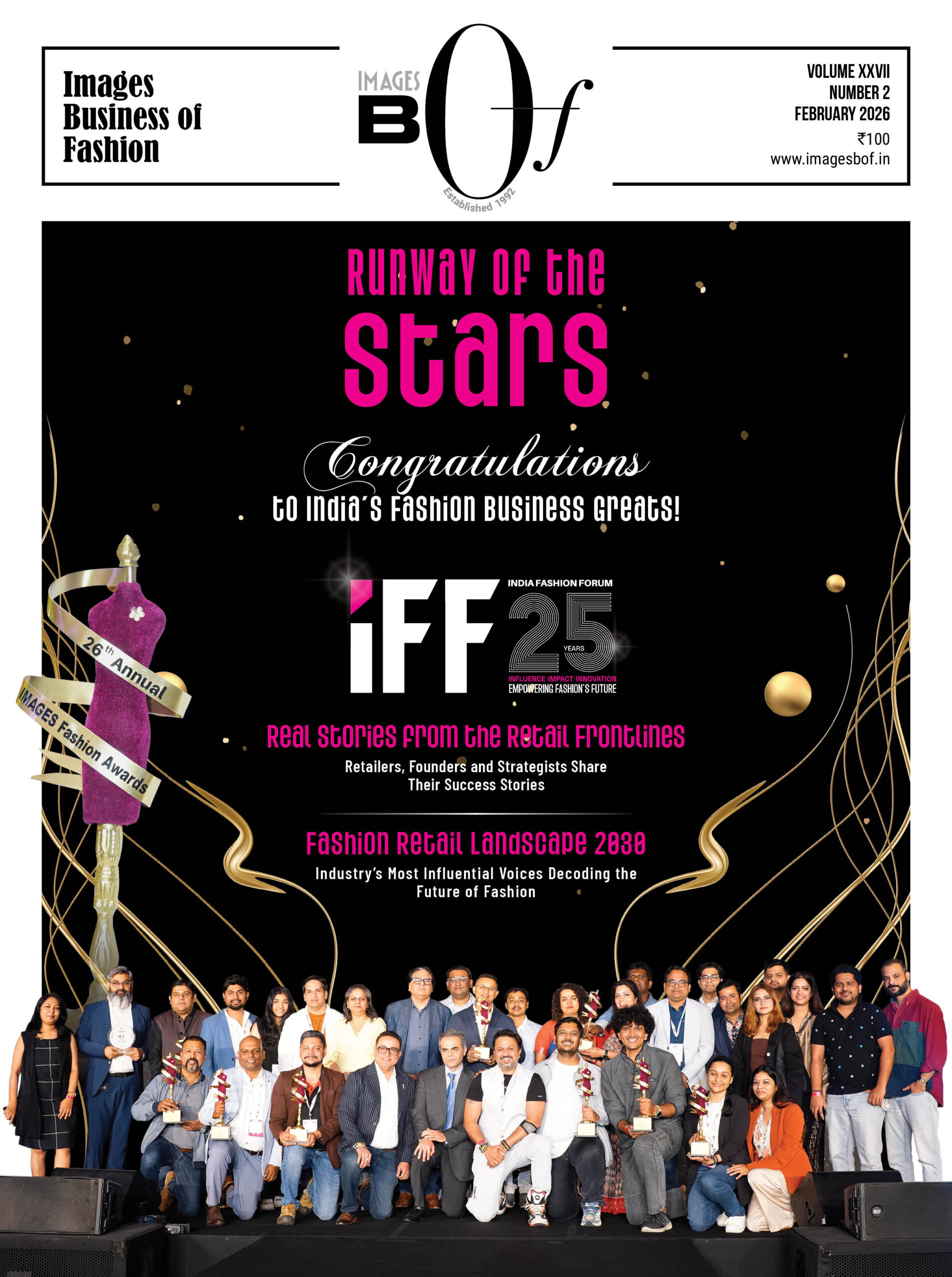As climate change accelerates, the fashion industry is finally stepping up. According to Fashion for Good, India contributes 8.5% of global textile waste—around 7,793 kilotons. With growing pressure from both environmentalists and consumers, brands are being pushed to act.
Today’s shoppers want more than trendy outfits—they want to know how their clothes are made, what materials are used, and how they impact the planet. As a result, brands are rethinking operations, embracing recycled fabrics, reducing water consumption, cutting waste, and ensuring ethical labor practices. Sustainability is no longer optional—it’s essential.
To mark World Environment Day, IMAGES Business of Fashion celebrates brands taking bold strides toward sustainability:
Being Human Clothing
With its SS25 campaign, Being Human spotlights real stories and responsible fashion. The collection features Fairtrade, organic, and recycled cotton, plus denim made from recycled PET bottles. It champions fair pricing for farmers and eco-friendly manufacturing.
“With SS25, we want our customers to feel proud of what they wear, knowing it reflects a more mindful way of living,” says Ayaan Agnihotri, Executive Director.
The brand’s new Delhi store echoes this vision. Designed around the ‘Bird’s Nest’ philosophy, the space uses recycled elements, organic textures, and earthy tones to reflect warmth, creativity, and sustainability.
No Nasties
Goa-based No Nasties, founded in 2011 by Apurva Kothari, is India’s original 100% vegan and ethical fashion brand. The brand partners exclusively with small Indian farmers who grow organic cotton, and all garments are produced in Fairtrade and GOTS-certified factories. No Nasties also uses plastic-free, compostable, or recycled packaging and proudly operates a fully Indian supply chain to minimise transport emissions. The brand is carbon-negative, having removed over 623,000 kg of CO₂ from the atmosphere and planted more than 238,000 trees, proving that fashion can be both beautiful and responsible.
Oshadi
Pronounced aw-sh-dhi, meaning “healing plant” in Sanskrit, Oshadi blends artisan heritage with sustainability. Launched in 2016, it has grown into a fully integrated, seed-to-sew system.
From its 250-acre regenerative cotton and indigo farm to handcrafted clothing, Oshadi’s mission is to give back more than it takes. Founder Nishanth Chopra believes true circularity is about ensuring nothing falls through the cracks—it’s about mending, rebuilding, and restoring meaning in every phase of the supply chain until it comes full circle.
The Terra Tribe
In 2019, Charmee Ambavat launched The Terra Tribe with a mission to combine indigenous artistry with mindful fashion choices. The brand works with low-impact fabrics like Tencel, handwoven hemp, and linen. All materials are dyed using natural, plant-based colours such as madder and indigo. Certified vegan by PETA, The Terra Tribe embraces low-waste, circular practices. Through innovations like vortex spinning, the brand has managed to cut carbon emissions by 30%. Recycled metal trims are used in the garments, and there are future plans to plant a tree for every purchase made.
H&M Group
In its 2024 Sustainability Report disclosed in 2025, H&M revealed:
- 89% of materials were recycled or sustainably sourced
- 29.5% were recycled, nearly hitting its 2025 goal early
- 41% drop in operational emissions and 24% cut in supply chain emissions since 2019
- Plastic packaging reduced by 54% from 2018
- Second-hand or preloved fashion now in 26 markets
“We are on track to achieve our goal for all our materials to be either recycled or sustainably sourced no later than 2030, and we almost reached our 30 percent goal for recycled materials by 2025 a year ahead of schedule,” says Leyla Ertur, Sustainability Director.
Technosport
Founded in 2015, TechnoSport blends performance wear with eco-consciousness. The brand saves over 10 lakh litres of water through sustainable production practices while offering high-quality, affordable activewear.
House of Serein
At just 21, Muskaan Mundhra founded this vegan luxury brand to prove that cruelty-free can be covetable.
- Uses certified, lab-tested materials
- Recycles plant-based leather waste into new designs
- Embraces minimal waste and ethical sourcing
PDS Limited
Global manufacturing platform PDS Limited is championing sustainability through its four pillars: Respect Water, Reduce Emissions, Build Community, Think Circular.
- 2.7 million+ litres of rainwater harvested
- Aims to cut water use by 30% by 2030
- Its Yellow Octopus Group helps fashion brands repurpose excess inventory, offering sustainable alternatives to landfills and incineration.
“The industry is undergoing a profound shift as sustainability becomes a global expectation. Regulatory pressure and consumer demand are driving greater accountability. At PDS, we believe the future belongs to those who lead with purpose, innovation, and transparency. We’re proud to be at the forefront of this journey,” says Sanjay Jain, Group CEO, PDS Limited.
Conclusion
Fashion’s green revolution is in motion. From homegrown ethical brands to global giants, the push for sustainability is reshaping the industry—and every step taken brings us closer to a cleaner, fairer future.



